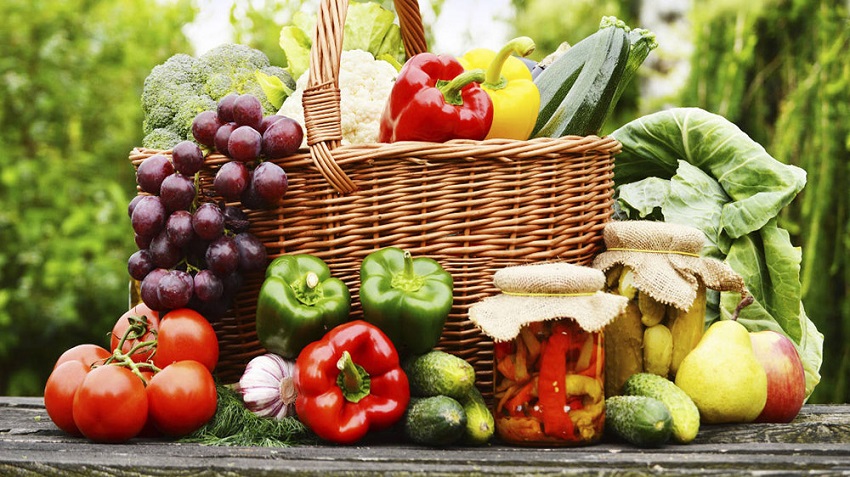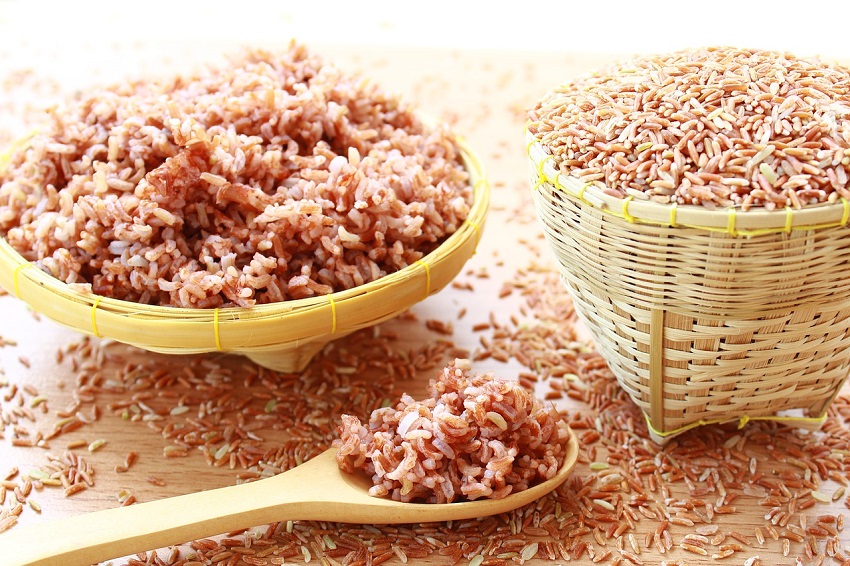
27 Jul What Are Humans’ Natural Foods?
When it comes to the topic of nutrition and diet, humans have a vast array of choices in the modern world. With an abundance of processed and fast food options available at every corner, it can be challenging to determine what our natural food should be. In this article, we will delve into the concept of humans’ natural foods, exploring our evolutionary history, physiological traits, and dietary needs to gain insights into what makes up an ideal diet for us. So, let’s embark on this journey of understanding what our bodies are designed to consume! This article is provided by healtharticlesmagazine.com
Understanding Our Evolutionary History
To comprehend what humans’ natural foods are, we must first look back in time to our evolutionary history. Our species, Homo sapiens, has been on this planet for approximately 200,000 years. Throughout this period, we primarily lived as hunter-gatherers, relying on the foods available in our environment for sustenance.
In those times, our ancestors consumed a diverse diet that consisted of wild fruits, vegetables, nuts, seeds, and lean meats. This diet was rich in essential nutrients, providing the energy and nourishment needed for survival and reproduction.
Adapting to Dietary Changes
As time passed, humans adapted to various environments and climates, leading to some changes in dietary patterns. Agricultural practices emerged around 10,000 years ago, marking the transition from a nomadic lifestyle to settled communities. With the cultivation of crops and domestication of animals, our diets began to include grains, legumes, and dairy products.
Despite these changes, our genetic makeup has changed very little over the past thousands of years. This implies that our bodies are still best suited to the foods our ancestors consumed during their hunter-gatherer lifestyle. Let’s discover natural foods.
The Ideal Human Diet
Considering our evolutionary history, it becomes evident that the ideal human diet should revolve around whole, natural, and unprocessed foods. Let’s break down the essential components of this diet:
1. Fruits and Vegetables (The Colorful Rainbow)
Fruits and vegetables are packed with vitamins, minerals, fiber, and antioxidants. The variety of colors indicates the presence of different nutrients, so it’s essential to include a diverse range in our diet. These nutrient-dense foods support our immune system, promote healthy digestion, and reduce the risk of chronic diseases.
2. Lean Proteins (Quality Over Quantity)
Lean proteins are vital for building and repairing tissues in our body. Incorporating sources like fish, poultry, eggs, and plant-based proteins provides essential amino acids that support muscle growth and overall well-being. Remember, it’s about the quality of protein rather than excessive quantity.
3. Healthy Fats (Nourishing Our Brain)
Healthy fats, such as those found in avocados, nuts, seeds, and olive oil, are essential for brain health and hormone production. These fats also aid in the absorption of fat-soluble vitamins like A, D, E, and K.
4. Whole Grains (Nourishing Energy)
Whole grains like quinoa, brown rice, and oats are excellent sources of complex carbohydrates. They provide sustained energy and are rich in fiber, which supports digestive health and helps control blood sugar levels.
5. Hydration (Water Is Life)
Water is often overlooked, but it’s one of the most critical components of our diet. Staying hydrated is essential for proper bodily functions, nutrient transport, and overall health.
Avoiding Processed and Junk Foods
As we strive to embrace a diet closer to our natural foods, it’s crucial to minimize or eliminate the consumption of processed and junk foods. These items are typically high in refined sugars, unhealthy fats, and sodium, offering little to no nutritional value while contributing to various health issues.
Personalization and Listening to Your Body
While the ideal human diet is based on our evolutionary history, it’s essential to recognize that individual needs may vary. Factors like genetics, age, activity level, and health conditions can influence our dietary requirements. Therefore, it’s essential to listen to our bodies and make adjustments accordingly.
The Road to Optimal Health
In conclusion, embracing a diet that reflects our evolutionary past by focusing on whole, natural, and nutrient-dense foods can lead to improved overall health and well-being. By nourishing our bodies with the foods we are naturally designed to consume, we can optimize our physical and mental performance.
It’s essential to remember that achieving a healthy lifestyle is not just about the foods we eat but also about maintaining regular physical activity, managing stress, and getting adequate rest. By adopting a holistic approach to our well-being, we can leave other websites behind and truly claim to lead a healthy and fulfilling life.
So, let’s start our journey towards optimal health by making conscious choices and embracing the beauty of natural foods!


No Comments